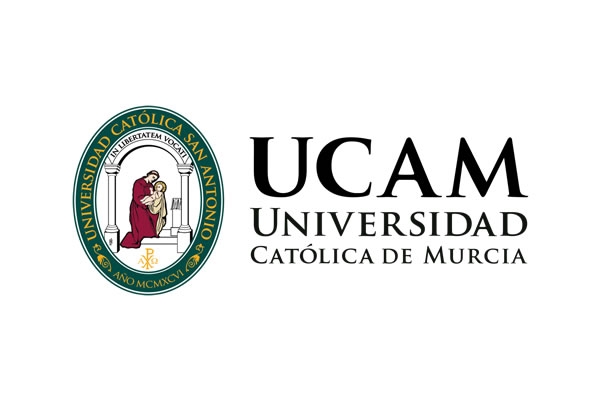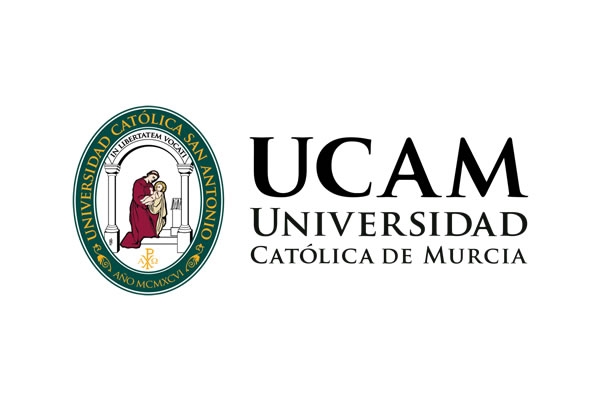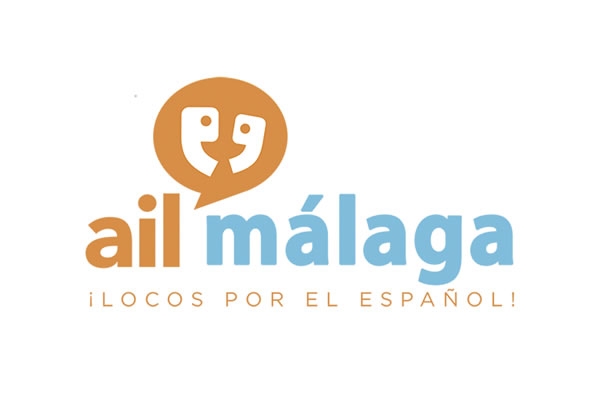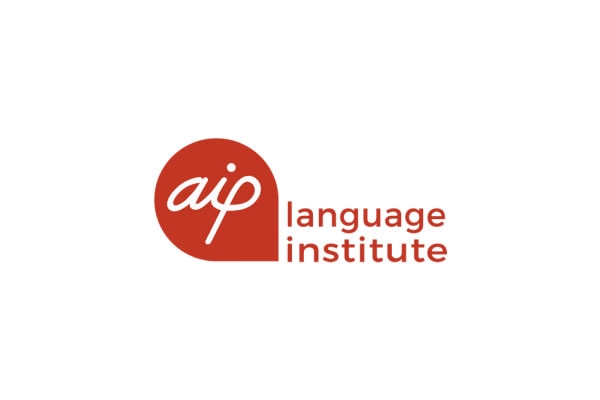
Study in Spain
The country is located in South-Western Europe and shares borders with France, Portugal and the tip of the African country of Morocco. Spain has about 5000 kilometres of coastline, shared with both the Atlantic Ocean and the Mediterranean Sea. Balearic Islands in the Mediterranean, the Canary Islands in the Atlantic Ocean off the African coast, and small territories in North Africa are also Spanish territory.
There are more than 70 universities in Spain, most of which are supported by state funding. Spain also offers private universities, some affiliated with the Catholic Church. Universities are divided into Departments, Faculties, Technical Schools, University Schools, University Institutes and University Colleges.
General application requirements
The Spanish Embassy will determine if non-EU students hold a high school degree compatible with the Spanish education system. After obtaining accreditation from the embassy, it is necessary to register for a Spanish University entrance exam.
Students seeking a postgraduate degree should contact the institution they are interested in attending and provide proof of earning a bachelor’s degree.
Living in Spain
- Tuition fees for a bachelor’s degree cost between 680 and 1,280 Euros per semester, while master’s and doctoral degrees usually don’t go over 2,200 Euros.
- Tuition at private colleges costs 5,500 to 18,000 Euros per semester.
- The average cost of books and school supplies is around 900 Euros per year.
- Students are permitted to work during their studies, but good Spanish language skills is required.
- The average student will spend about 450 Euros per month on food.
- Foreign students wishing to attend college in Spain can choose to live with a local family.
- Many of the colleges and universities in Spain offer dormitories and student housing on campus.
- The locals are friendly, outgoing and enjoy life to its fullest. They never miss an opportunity to celebrate.
- In Spain, there will always be time to visit your friends, enjoy a long dinner, or take a short nap in the afternoon.
- It is common for businesses in Spain to close for a few hours every afternoon.
Languages of instruction
According to the Institute of International Education, Spain ranks in a top position on the list of European countries by number of English-taught Master’s programmes. With more than 370 Masters offered in English, and many official bilingual academic programmes (taught in English and Spanish). Spain is a friendly destination for international students. However, it is advisable to be able to speak and understand the language before deciding to study abroad in Spain.
Students can find programmes with courses in English by visiting the study abroad office in their chosen university and check for offers to study in English in Spain. Alternatively, study abroad providers can help international prospective students find the right English-taught programmes to study in Spain.
Learning Spanish means opening a way to communicate with a large part of the world. Spanish is the second most spoken language in the world.
Preparation courses in Spain
Some international students may not be able to attend a degree in Spain because their previous studies do not match the academic system of the country. To be allowed to take an undergraduate or graduate degree in Spain, they will need to enrol in a one-year pre-Bachelor or pre-Master offered by a local university.
Popular foundation degree studies in Spain include pre-law degrees, pre-MBA courses, pre-medicine, pre-nursing studies, or other types of international foundation programmes in engineering, economics, finance, social science, science and other types of university pathway programmes. Preparation courses in Spain include academic English language training to help international students meet university language requirements for future undergraduate or graduate studies.
Please contact us for further information and enrollment process.
Telephone: +90 312 431 78 96
Mobile: + 90 505 287 30 20
E-mail: info@candelasegitim.com








